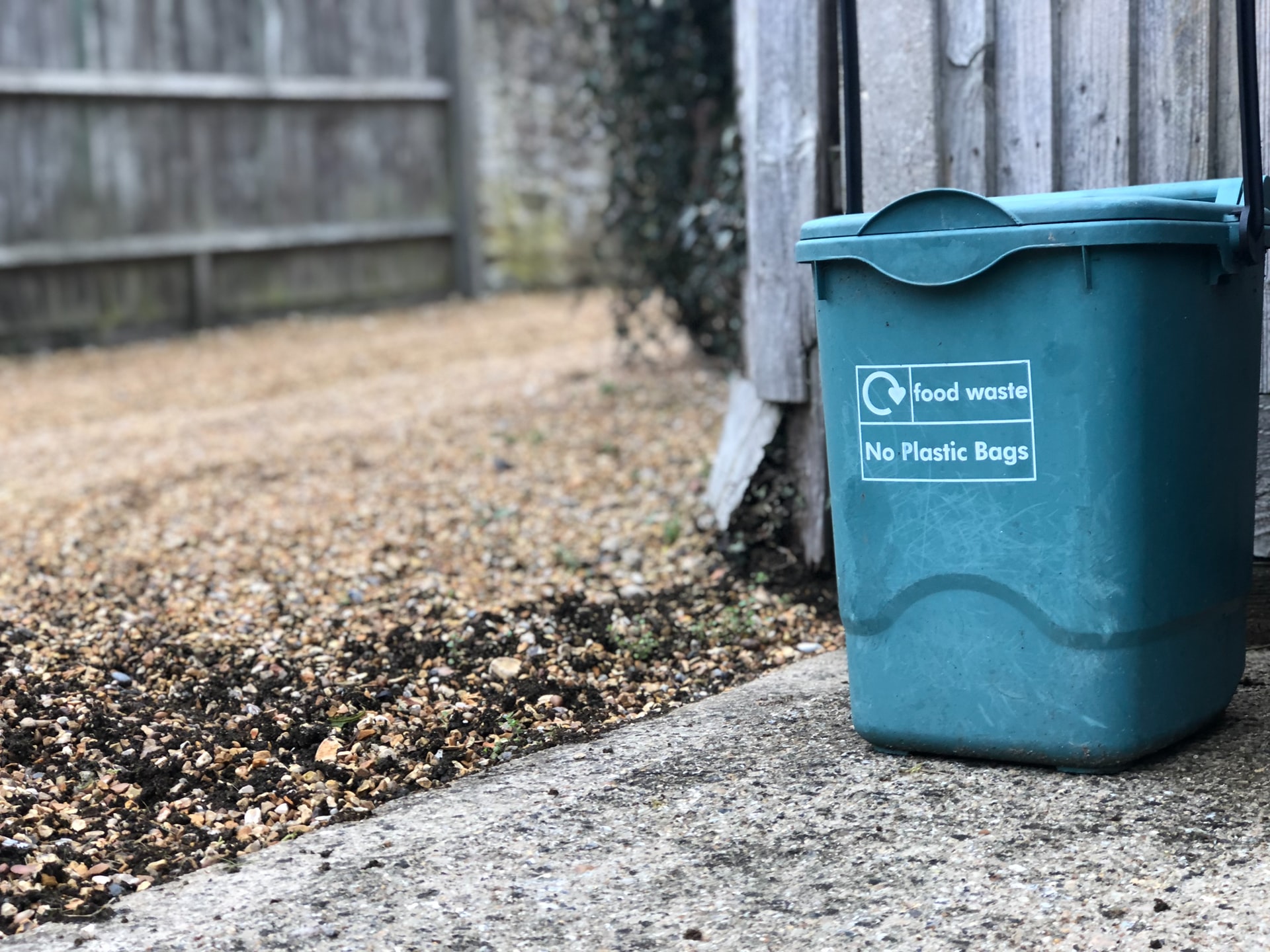
Body + Mind is reader-supported. We may earn an affiliate commission when you buy through some of the links on our site.
Each person generates an average of 4.51 pounds of municipal solid waste (MSW) every day — or approximately 1,646 pounds every year in the United States. By implementing a zero-waste lifestyle, you can reduce that amount to a single jar’s worth of trash every 12 months.
In the U.S. and abroad, societal norms encourage a consumer-centric environment. In other words, people buy and throw away products regularly. This is apparent with single-use plastics like straws and water bottles, and you’ll often see it demonstrated in popular shopping haul videos promoted by influencers.
Marketing tactics evoke a need to own the newest items or the latest accessories. This lifestyle’s impact is evident by the amount of waste produced annually and the amount of plastic pollution in the environment. Besides creating waste, each of these items uses precious resources during production.
Learn how to live a zero-waste lifestyle so you can protect Earth’s future with this article.
A zero-waste lifestyle means reducing what you send to the landfill and making sustainable choices. You aim to create less trash, which reduces your environmental footprint. By being mindful of what you consume, you can decrease the amount of waste you produce.
For most people, transitioning to a zero-waste lifestyle takes time. Begin by changing your mindset, then transition into zero-waste living and steadily maintain the effort.
Before you can transition to zero-waste living, you must change your mindset.
Zero waste involves getting creative and doing what’s right, even when it’s not easy. Train your brain not to feel the urge to buy unnecessary items. If you go on vacation, your photos are the only souvenir you need.
Use the products you own before buying something new. The seven principles followed by zero-waste people include:
By following these seven principles, you can begin your journey to a more sustainable lifestyle.
The essence of zero-waste living is reducing the amount of rubbish you produce. If you decide you want to live sustainably, the first step is not throwing everything away to start fresh!
Instead, you must work through the goods you already own. Use up your beauty and hair care products before recycling the bottles. Try repairing the items you own before buying replacements.
Making small changes can help the transformation process go smoothly.
Here are several examples of inexpensive swaps you can make as you work through your products:
To maintain the zero-waste lifestyle, look into making your own materials or supporting businesses that produce package-free items.
There are many alternatives to traditionally packaged shampoo, conditioner, body wash and even toothpaste. By switching to goods without packaging, you will be one step closer to living a zero-waste life!
As you continue to move through life, shop at secondhand stores for furniture, clothes and accessories. That way, you reuse items that have already been produced rather than encouraging traditional consumerism.
Zero-waste living makes a considerable difference on the environment. It influences every stage in the resource chain. Plastic pollutes the oceans, excessive consumption leads to deforestation and product creation drains the Earth’s resources.
Reducing, reusing, repurposing and recycling can help reduce greenhouse gas emissions and combat climate change. Increased pollutants from product creation are causing the ozone layer to deplete and climate change to worsen. Since you will consume less by living a zero-waste lifestyle, you will also have a smaller contribution to global warming.
Recycling and repurposing materials creates more jobs, which will help the economy. You will influence the world around you and change cultural norms — shifting the nature of typical production.
When you waste less, you want less. Adopting a zero-waste lifestyle means making mindful choices that will help the planet and your wallet!
Even if you aren’t ready to make such a large commitment today, consider what swaps you could implement to start living more sustainably.
Your email address will only be used to send you our newsletter, and at any time you may unsubscribe. For more information, see our Privacy Policy.